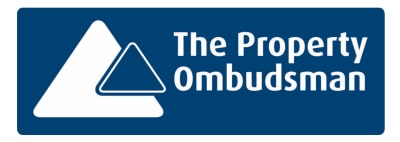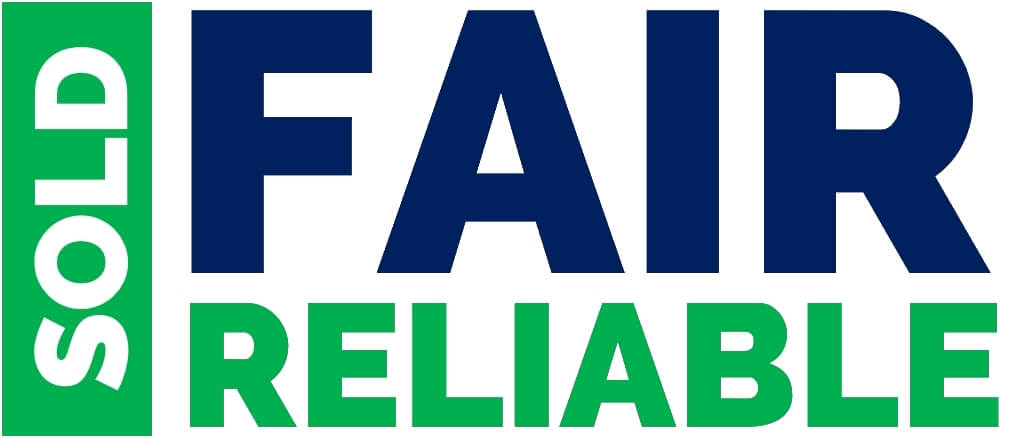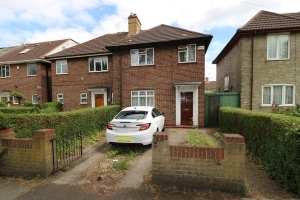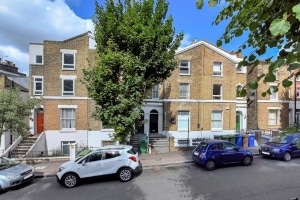What Happens if My House Doesn’t Sell at Auction?
Auction is one of the most reliable methods of sale available, in fact approximately 80%+ of properties successfully sell at auction, that’s considerably higher than the success rate of estate agency sale. This article provides information on what happens if a property doesn’t sell at auction.
Call 0800 862 0206 for your FREE sale price estimate
Solicitors, banks, asset managers and other professional services choose to sell properties at public auction, because it works! Auction provides a tried and tested method of achieving a prompt sale at a fair price. But still, some property owners are apprehensive about auction for the fear of not selling. Sometimes because they’ve been let down so many times through an estate agency sale, they form the mindset of never being able to sell! Or because someone (often an estate agent) has instilled the fear in order to win or retain a vendors instruction!
Updated by Mark Grantham on 6th March 2020
The majority of properties entered into auction do successfully sell first time around; the average success rate at auction is 75% to 80%. The reason why some properties fail to sell is typically down to 3 reasons: incorrect pricing, no legal pack, no access for viewings. Where those issues can be resolved a property can usually be sold after the auction or at a subsequent auction.
When bidding fails to reach the reserve price at auction, a property will be classified as “unsold”. There are various reasons why bidding might not reach the reserve price, usually stemming from 3 primary causes: (1) the reserve price was set too high, (2) the legal pack was not ready in time for auction day or (3) prospective buyers did not have access to view the property.
If the auction legal pack has not been prepared in time for auction day then prospective buyers will not have the information they need to bid with confidence. When important legal documents are not available for buyers to inspect, they’re likely to fear the worst and bid very low or not at all.
Setting the reserve price (and the guide price) too high may result in a low level of interest. One of the ways auctioneers try to generate interest in a property is by setting a guide price that’s lower than the reserve price.
“Auction works best when there’s a high level of competition amongst buyers – the more buyers there are on auction day, the higher a price the property will eventually sell for.”
In fact, the tactic of setting a low guide price works so well in generating interest that the Advertising Standards Authority set a rule limiting guide prices from being any more than 10% below the reserve price. So if the reserve price is £100,000 the guide price is not allowed to be any less than £90,000. It’s important for sellers to know how effective an attractive (low) guide price is at generating interest in a property. It can seem counter-intuitive, but a low guide price will ultimately help achieve a higher final sale price. A low guide price = more interest = more bidders = a higher sale price. High street retailers use the same tactic to tempt shoppers into their stores.
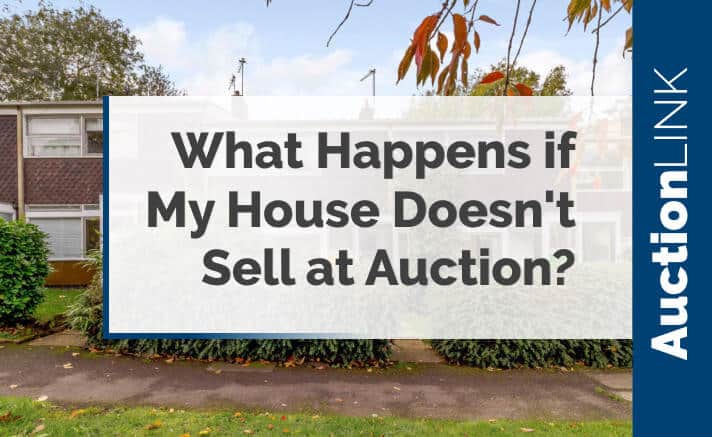
Commission is only due for payment upon successful sale (no sale, no fee). The only costs a seller might incur are (1) solicitors fees for preparing the auction legal pack and (2) any entry/catalogue fees charged by the auctioneer, if applicable. Read more about the costs for selling at auction.
If bidding fails to reach the reserve price on auction day, the auctioneer will try to secure a sale as soon as possible after the auction. In some cases that might be within a few minutes of bidding.
If a sale cannot be concluded on auction day, the property will be advertised as “unsold” and the auctioneer will continue to advertise the property on Rightmove and/or Zoopla for a period after the auction. The auctioneer will usually have an exclusivity period written into their terms that allow them to continue marketing the property for a month or so after the auction. The post-auction marketing can often be very successful, because some prospective buyers just need a bit more time to carry out their research and arrange financing.
The short answer is no. However, an estate agent who risks losing their commission might try to convince you otherwise. The line often quoted is “buyers might think there’s something wrong with the property if it doesn’t sell at auction”. Estate agents use plenty of other tactics to sign you up (or stop you from exiting their agreement), in fact there’s a book on the subject. If in any doubt, just be reassured that if you later decide to sell by private treaty method of sale, an estate agent will tell prospective buyers whatever it takes to keep a buyer interested!
If a property fails to sell at auction and the vendor later decides to sell through an estate agent, it’s very unlikely that a prospective buyer will know the property was entered into auction in the first place. Auctioneers are very prompt at removing their Rightmove and Zoopla listings if they need to. They only want to be seen for their successes, not for the properties they failed to sell! Even if a prospective buyer does identify that a property was listed for sale at auction, it doesn’t really matter, a good estate agent will be able to explain what happened in a way that will keep prospective buyers interested – estate agents can be very good like that! E.g. at the time the vendor was interested in achieving a quick sale, but their circumstances changed and the property was withdrawn from auction. Or if bidding didn’t reach the reserve price, the explanation might be that the legal pack was not ready in time for auction day.
In cases where a property fails to sell because of a low level of interest, the auctioneer will usually want the reserve price to be reduced, which will give the property a better chance of selling, but there’s no obligation for a seller to re-enter their property into a subsequent auction if they’re not comfortable with a lower reserve price.
Assuming all the auction preparation went according to plan (for example the legal pack was available to prospective buyers before auction day and viewings were not blocked by disruptive tenants etc) then you can say you’ve given auction your best shot. Rather than re-entering the property into a third or fourth auction with an even lower reserve price, it might just be that a property is better suited to a private treaty (estate agency) sale.
There are a few things to consider when exiting your auction agreement and engaging the services of an estate agent. The most important of these is to make sure you’re no longer liable to paying the auctioneer a commission. As with most property sale agreements, when you appoint the services of an auctioneer or an estate agent, the costs incurred and the work carried out by the agent in generating interest in the property needs to be rewarded. So a typical auction agreement will include a clause whereby the auctioneer will be due a commission even if the property sells a month (sometimes longer) after auction day. And it might be necessary for the seller to serve notice in writing to the auctioneer in order to be completely free of any ties.
Need more help? Call us on 0800 862 0206 or send us an enquiry online.
ℹ Auction Sale Tips
Advertising with an attractive “guide price” is a key part of marketing a property for sale at auction. Setting a low guide price = more bidders = a higher final sale price. The guide price should ideally be set as low as possible, but auctioneers are now allowed (by law) to set a guide price any more than 10% below the reserve price.
Find an auctioneer
Need help choosing a local property auctioneer? Call 0800 862 0206 or send us an enquiry online.
🔍 Also see
